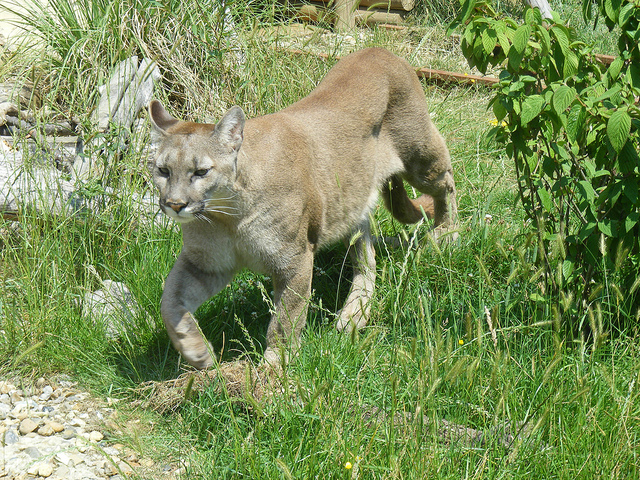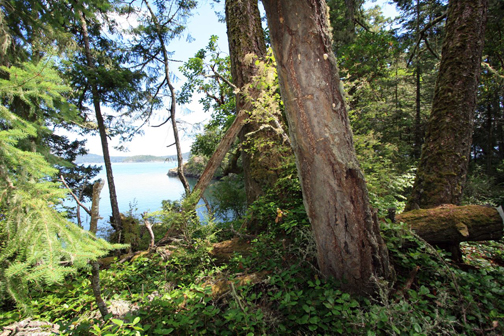You’re walking on Centennial Trail along West Saanich Road when suddenly a large, tawny animal leaps out of the bushes at you. The movement triggers your brain’s most ancient emotion-and-alarm system, deep in the most primitive part of your brain. Your amygdala, or fright centre, buzzes the nearby fear-processing centre in your hypothalamus, which instant-messages the alarm to your adrenal glands atop your kidneys, telling the glands to pump out stimulating epinephrine.
Almost simultaneously, your heart starts pounding, your muscles clench, your breath speeds up, you yell, you leap, pivot and crouch to face the animal with your arms raised defensively.
But, wait just a microsecond—your hypothalamus hasn’t finished with you. As you confront the threat, the hypothalamus recruits its nearby buddy, the pituitary gland, and goads it into sending its own alarm signal to the adrenal glands. This time, cortisol floods out, elevating blood-sugar levels and giving you energy to fight or flee—to save your skin.
And then—finally!—your prefrontal cortex kicks in. It analyses the visual data, it riffles through your memory index, and identifies the beast. The cougar about to sink its teeth into your neck… it’s a friendly house cat intent on winding its body around and between your tensed ankles….
Read the rest of this editorial at the Victoria Times Colonist….




